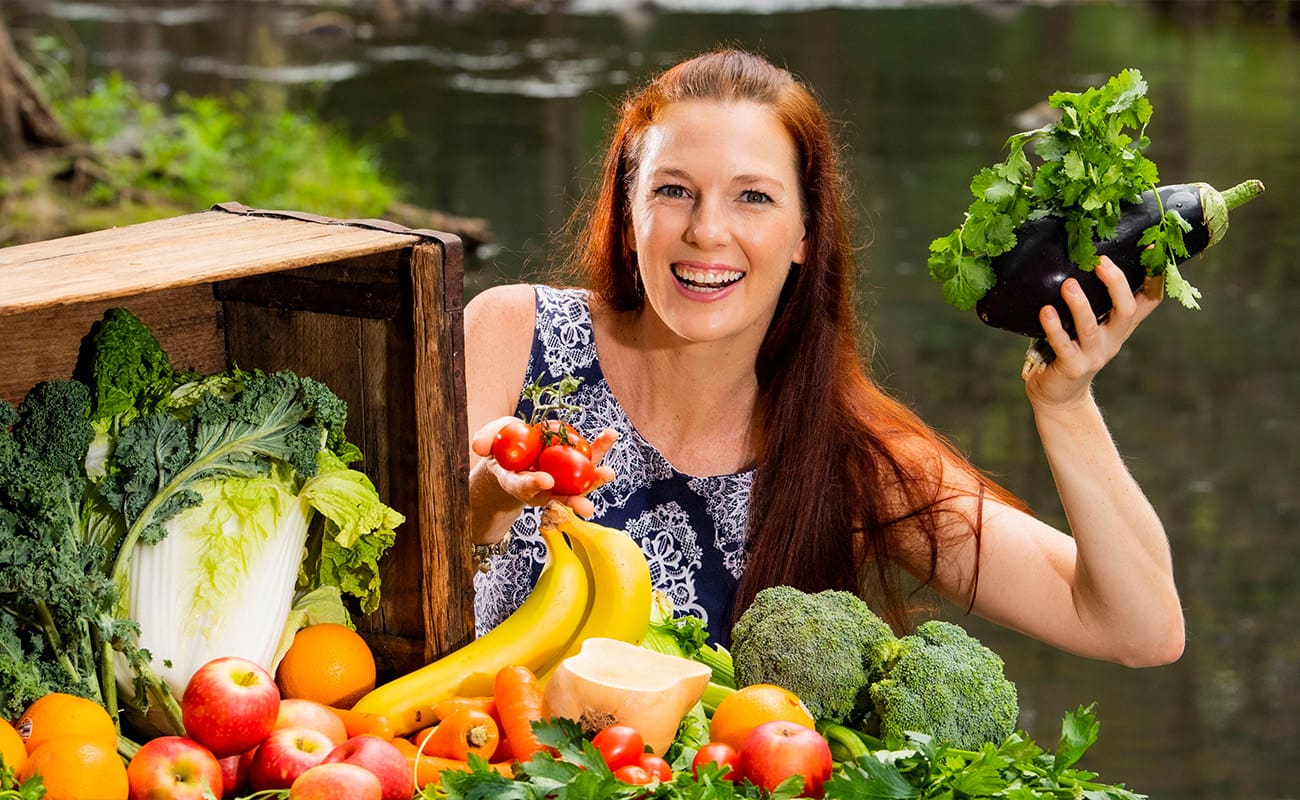Community Action focuses on the power of local efforts to drive meaningful change for animals, people, and the planet. This category highlights how neighborhoods, grassroots groups, and local leaders come together to raise awareness, reduce harm, and promote ethical, sustainable lifestyles within their communities. From hosting plant-based food drives to organizing educational events or supporting cruelty-free businesses, every local initiative contributes to a global movement.
These efforts take many forms—from starting local plant-based food drives and educational events to organizing animal shelter support or advocating for policy change at the municipal level. Through these real-life actions, communities become powerful agents of transformation, showing that when people work together around shared values, they can shift public perceptions and build more compassionate environments for both humans and animals.
Ultimately, community action is about building lasting change from the ground up. It empowers ordinary individuals to become changemakers in their own neighborhoods, proving that meaningful progress doesn’t always start in government halls or global summits—it often begins with a conversation, a shared meal, or a local initiative. Sometimes, the most powerful change begins with listening, connecting, and working alongside others to make our shared spaces more ethical, inclusive, and life-affirming.
In today's world, where environmental sustainability is a pressing concern, adopting a vegan lifestyle can make a significant positive impact. By choosing to go vegan, not only are you making a compassionate choice for animals, but you are also contributing to the preservation of our planet for future generations. The Environmental Impact of Animal Agriculture Animal agriculture is a leading cause of deforestation, water pollution, and greenhouse gas emissions. The production of meat, dairy, and other animal products requires vast amounts of land, water, and feed. This contributes to deforestation as forests are cleared to make space for livestock grazing or to grow crops for animal feed. Furthermore, animal agriculture generates a significant amount of water pollution. The runoff from animal waste pollutes rivers, lakes, and oceans, leading to water contamination and harmful algal blooms. Additionally, the excessive use of fertilizers and pesticides in animal feed crops further contributes to …


























































